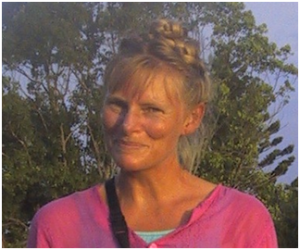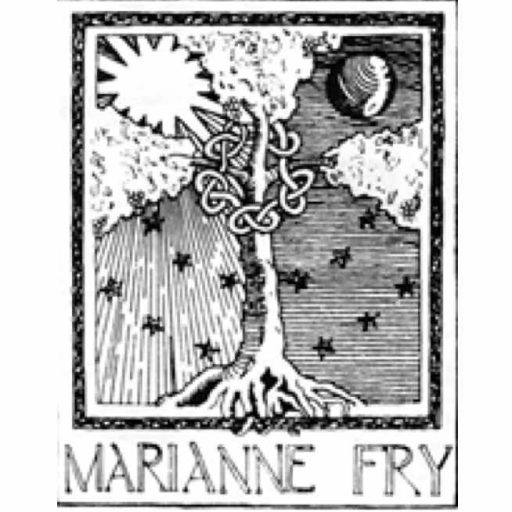Being wholly present to crisis can transform ways of seeing. Yet how difficult it is to remain embodied and present to the chaos, confusion and suffering as old ways and structures break down. Birthing of the new is exciting yet painful. Living through a paradigm shift can feel like walking between two worlds with two very different narratives about our human place in the web of life. A case of double vision?
Behind our hard-won achievements, the old story is one of domination, oppression or idealisation, seeing nature as object and ‘other’. What is the new story? Therapeutic wisdom suggests that the new is born out of the old. When we bring the disrespected ‘other’ back into view, reclaiming those parts of ourselves and the world that have been pushed into the margins, seeing the gestalt of the crisis is possible. Sitting with such apparent paradox becomes the Zen koan of the moment. Seen from this perspective, sustainability is not only about practical change, but a challenge to make a psychic leap in seeing. Can double vision become integrated sight?
In her lecture and the following Q&A session Mary-Jayne demonstrated her interest in our role as therapists on this collective journey, as well as how these issues might manifest in our work with clients. The experiential pieces during the day invited participants to explore how these issues enter into our personal lives and the part we might play in “bigger picture” healing.

Mary-Jayne’s interest in psychotherapy began in her teens when she started to read C.G. Jung. His writings resonated with, and took her beyond, her upbringing in rural Norfolk. Her first training was in art therapy. During the 1980s she worked at the London Women’s Therapy Centre with women with eating problems; this deepened her understanding of consumerism and the influence of culture on psychological health. Two journeys to Ladakh (on the Tibetan plateau) gave her a different perspective on our social and environmental crisis. On return she joined the PCSR Ecopsychology group, and together theydeveloped their thinking and practice in this emerging field. During the 1990s she trained as a Jungian analyst. Mary-Jayne currently works as a therapist in north London. She also teaches, writes and runs workshops in the field of ecopsychology. See www.mjrust.net
Text of lecture: Double Vision M J Rust 2011
This lecture contains extracts from the chapter Ecological Intimacy in Vital Signs: Psychological Responses to Ecological Crisis (2011) eds Mary-Jayne Rust & Nick Totton. London: Karnac. Reproduced with kind permission of Karnac Publishers.
You can listen to an audio recording of the lecture itself, providing a slightly fuller experience than the text (1 hour 40 minutes):
« 2010: Dr. Sally Denham-Vaughan "The Liminal Space: an opening to transformational shift"
2012: Seán Gaffney "You Say Goodbye, and I Say Hello: Existential Meetings and Partings" »
 Marianne Fry Lectures
Marianne Fry Lectures